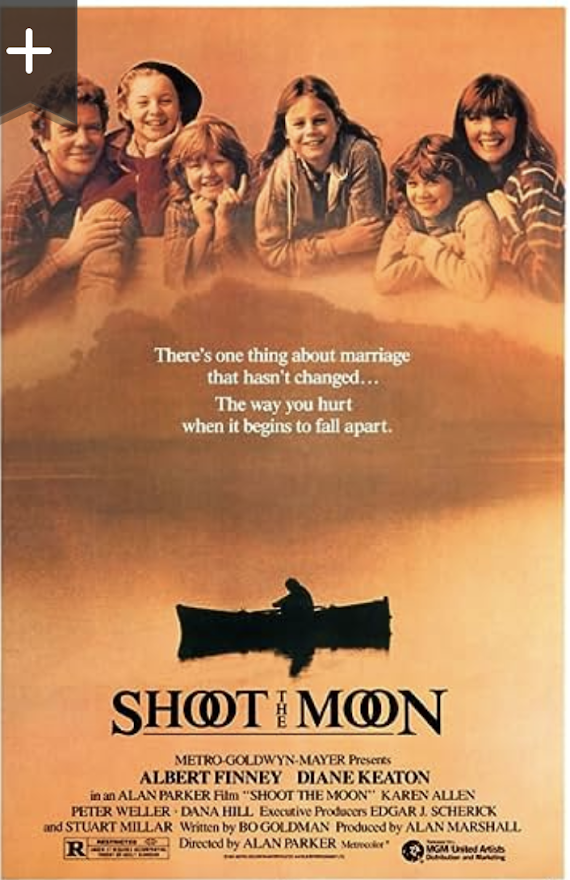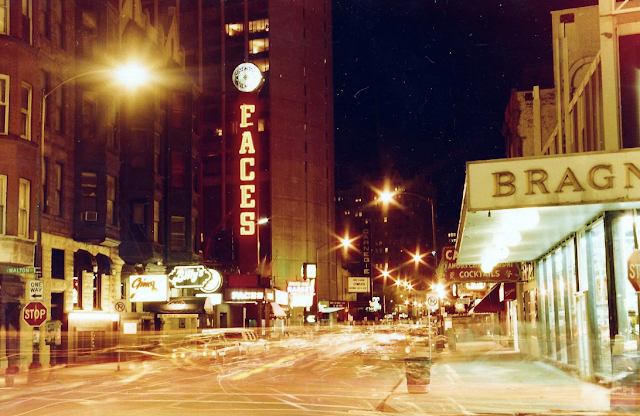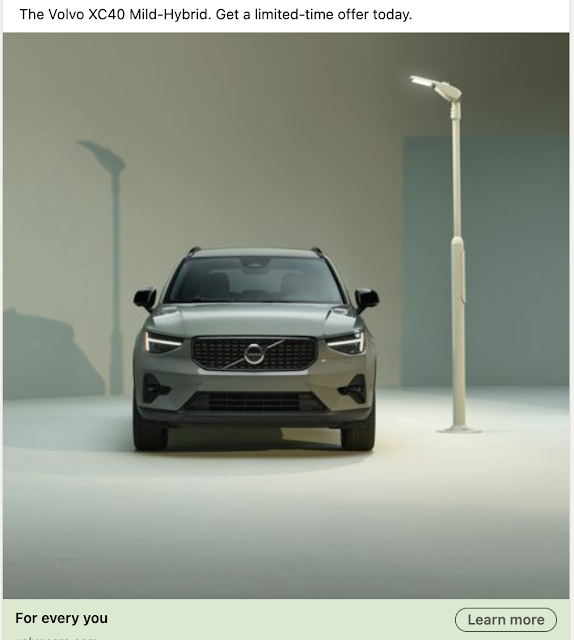So many decades ago, the earth was a tad cooler, and I think Jimmy Carter was president, I was studying English literature, on my way, I hoped to my Ph.D. and a career of teaching English at some elbow-patched tweed college in New England.
I never wanted a career in the fleshpots of Madison Avenue. I grew up watching materialism, keeping-up-with-the-Jones-isms and the Angstrom-like pursuit of ever-more, kill my father and the best minds of my generation. I wanted nothing of Paul Stuart suits, and three-martini breakfasts and hot-and-cold-running secretaries.
I assumed a life of teaching Edith Wharton or Theodore Dreiser to doe-eyed coeds and putative finance-bros would remove me from the hurly-burly of life. I could write my books, stroll along leafy campus lanes and stay out of the way of the great American Mammon-athon.
I remember reading Dreiser's "Sister Carrie," and a professor pointed out that Carrie's lover, Hurstwood, who steals money from a safe immediately regrets it. He'd return the money, except as fate would have it, the safe had already shut. And as Caesar said when crossing the (Young &) Rubicon, "alea iacta est." "The die is cast."
Some years later, a movie came out called "Shoot the Moon," directed by Alan Parker and starring Albert Finney and Diane Keaton and written by Bo Goldman. Goldman's obituary was in the paper last Thursday, July 27, 2023. You can read it here.
Finney and Keaton play a married couple whose marriage, after fifteen stormy years is breaking up. I haven't seen the movie since it came out in 1982, but I remember that there's a bottle-throwing scene when Finney storms out of the house. His hand pauses atop a doorknob. The camera holds on it. Finney knows if he opens the door and leaves Keaton, alea iacta est.
I remember saying to myself, "That's "Sister Carrie."
There's a similar moment in Hitchcock's "Psycho," when Janet Leigh, having pilfered $40,000 decided to go on the lam with it rather than return it. Again, alea iacta est.
I'm thinking about all this irrevocable-ness because I read Bo Goldman's obituary on Thursday night and thought about how much of it seemed germane to good advertising writing. Specifically, Goldman's ability to find what we're all supposed to be looking for when we work on a bit of creative. In Bernbach's words, a "simple, timeless, human truth."
The director, Martin Brest, who worked with Goldman on "Scent of a Woman," and "Meet Joe Black," said this about him. I'm going to underline the parts you should remember.
“People call him the screenwriter’s screenwriter. I called him the man with the X-ray ears, because he had a pitch-perfect recall of the nuances of a comment that someone made to someone 50 years prior — he could reproduce the tone, and the reason he remembered it is because the tone told the whole story.”
And then there's this.
When Brest and Goldman were working on "Scent of a Woman," Brest recalls that he and Goldman would have "long, meandering chats."
Brest says, "We've been talking for two weeks and having the greatest time, but shouldn't we get to work?"
According to Brest, Goldman said, "Mike Nichols told me, 'the digressions are the work, or part of the work."
I suppose like a lot of the posts I write, and I hope I'm not being unduly immodest, there's a lot in here.
There's Sister Carrie.
Alfred Hitchcock.
Doorknobs.
And even a bit on advertising.
But mostly there's a bit of advice from an old man.
Develop x-ray ears.
And seek digressions.
They could mean gold, man.





























